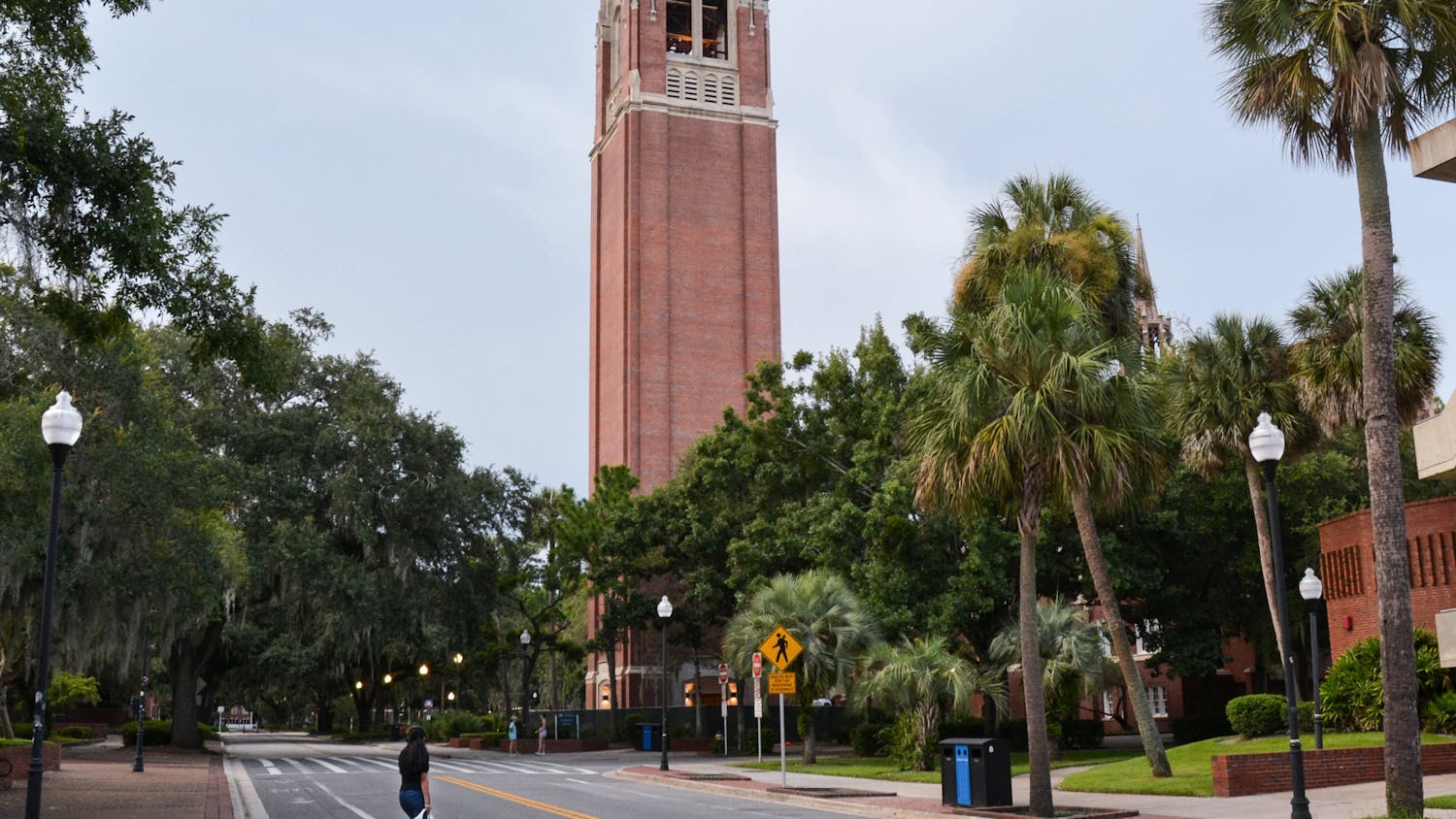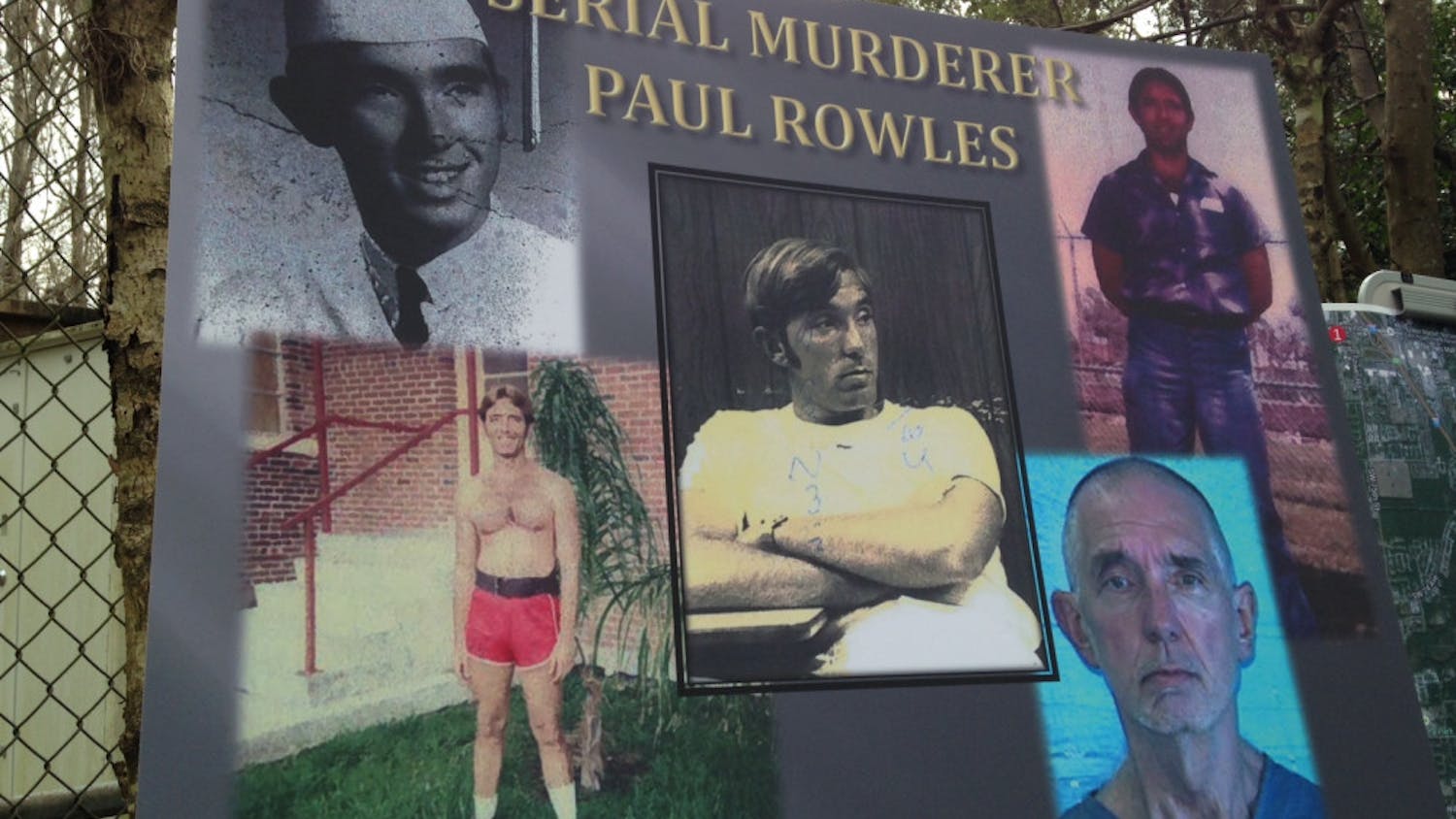File sharers beware: A new program launched Monday is set to offer some visible consequences for illegally downloading music, films and TV shows online.
Five Internet service provider titans, Verizon, AT&T, Comcast, Cablevision and Time Warner have collaborated with the Center for Copyright Information to create the Copyright Alert System.
UF’s wireless Internet doesn’t come from these providers, so the new alert system won’t apply to students using Internet on campus.
However, students living off-campus whose Internet is provided by Comcast can be directly affected.
Christine Fruin, an attorney who leads copyright workshops for graduate students in Library West, said the system was devised in response to the recent failure of government legislation to reduce online piracy.
“Because it didn’t look like any kind of governmental control was going to be a reality,” Fruin said, “some copyright holders basically entered into negotiations with several internet service providers to create this program.”
A CCI spokeswoman said the system was originally scheduled to debut in late November but had to be pushed back because of technological difficulties.
Here’s how the program works: CCI contracted Markmonitor, an anti-piracy company, to search through torrenting websites for movies, TV shows and albums being shared. When the program finds the files, it sends the information to ISPs, which then identifies the customers suspected in sharing the files.
As of Wednesday evening, no ISP had released an individual plan for how they will deal with copyright infringers.
However, the CCI has released a basic overview of the alert system.
For the first couple of offenses, emails are sent to users about their alleged pirating, Fruin said. If pirating continues, users will then be redirected to a website where they must read a document or watch a video about copyright infringement.
In the final phase, ISPs may slow down customers’ downloading speeds for a specific period of time, Fruin said.
“They’re basically progressively more annoying ways of trying to educate you or put you on notice that ‘hey, you’re involved in this copyright infringement,’” she said.
Customers can challenge alerts through the American Arbitration Association for $35, which is refunded if warnings are overturned, according to the CCI website.
Fruin said as part of the program, ISPs can’t share their customer’s personal information unless required by law.
“Men in black suits aren’t going to show up to your door to arrest you,” she said. “It’s really more framed as an educational program.”
For students like Kelsea Lebeau, a 20-year-old UF health science sophomore, the idea of the program is enough to get her to start paying for music.
“I might not necessarily like it, but it’s smart,” she said. “I would rather have Internet than illegally downloaded music.”





